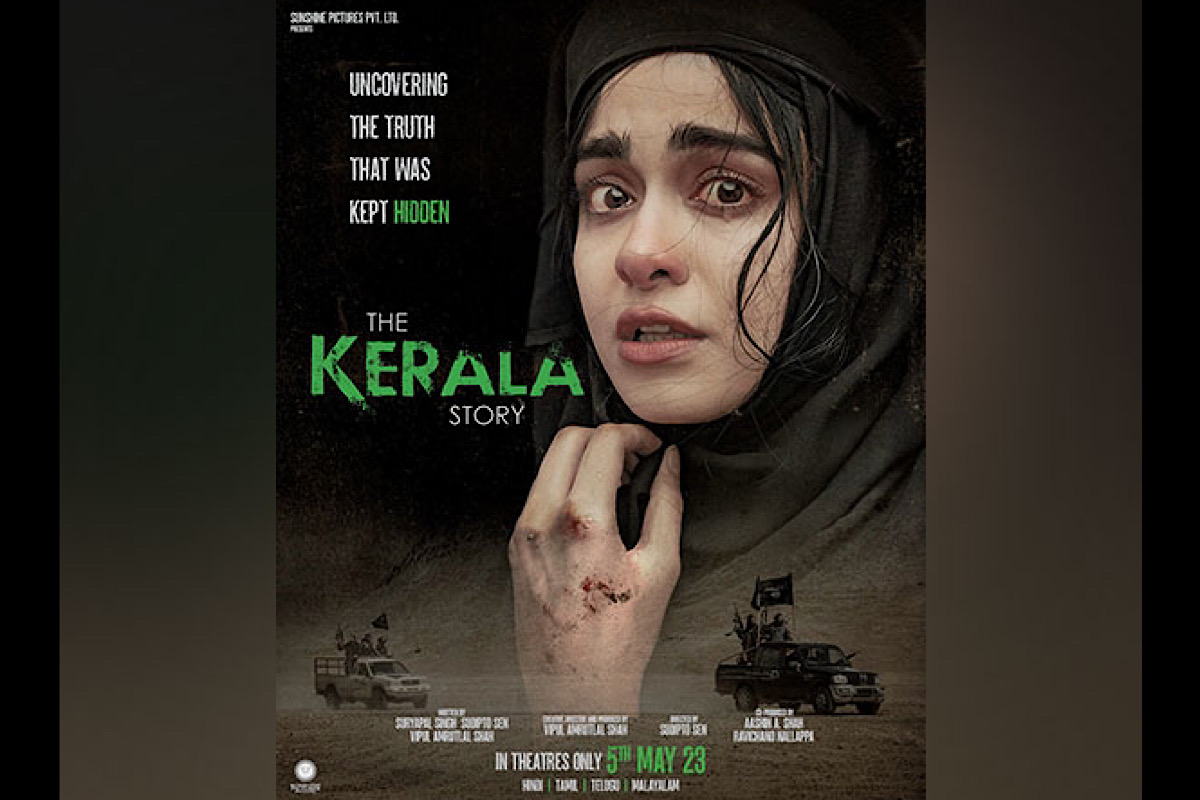The Supreme Court on Wednesday agreed to hear on Friday (May 12) a plea of the producer of the film ‘The Kerala Story’ challenging the West Bengal government’s decision to ban the screening of the controversial film in the State.
Chief Justice D Y Chandrachud heading a bench also comprising Justice S. Ravindra Bhat and Justice Pamidighantam Sri Narasimha agreed to hear the plea on May 12 upon a mentioning by senior advocate Harish salve seeking an urgent listing.
Advertisement
Appearing for the film maker, Salve told the bench “We are losing money every day and now there is another State which says it will do the same.”
CJI Chandrachud said, “Ok list on Friday, serve copies (of the petition) on the State of West Bengal.”
The West Bengal Chief Minister Mamata Banerjee ordered a ban on the screening of the film to avoid “any incident of hatred and violence and to maintain peace in the State”.
The producers of the ‘The Kerala Story’ have stated that the State government has no power to ban a film that has been certified for public screening by the Central Board of Film Certification (CBFC). The ban, the plea sta6tes, will result in the violation of the fundamental rights guaranteed under the constitution.
“Any such ban, it has been repeatedly held (by the top court), would constitute an unreasonable restriction on the fundamental right under Article 19(1)(a) of the Constitution of India to engage in free speech. The stifling of the right to free speech of the Petitioner, that too on a mere apprehension of unsubstantiated considerations of law and order cannot withstand scrutiny under the Constitutional scheme,” said the petition.
The plea has also sought directions to the States to provide police protection to theatre owners and the audience for public exhibition of the film.
On Tuesday (May 9) the top court had agreed to hear on May 15 an appeal against the interim order of the Kerala High Court refusing to block the release of the film.
Declining to stall the release of the film, the High Court had observed that there was no allegation against a religion, but only against the organisation Islamic State or ISIS. The High Court had also said that there was nothing offensive to any particular community.
On an earlier occasion on a plea by Jamiat Ulama-I-Hind, the Supreme Court had declined to interfere with the release of the controversial film and had asked the High Court to decide the pleas in the first instance.
The top court had then said, “Think about the labour of actors, producers who put in a lot of work. A filmmaker invests a lot of money and time in making the film. Leave it to the market, the market will decide if it is not up to the mark.”
Jamiat Ulama-I-Hind had approached the Supreme Court seeking stay on the release of the film in theatres and on OTT platforms saying that the controversial film is likely to cause hatred and enmity between different sections of society.
The Jamiat Ulama-I-Hind had said that the film demeans the entire Muslim community and it will result in endangering the life and livelihood of the entire Muslim community.









